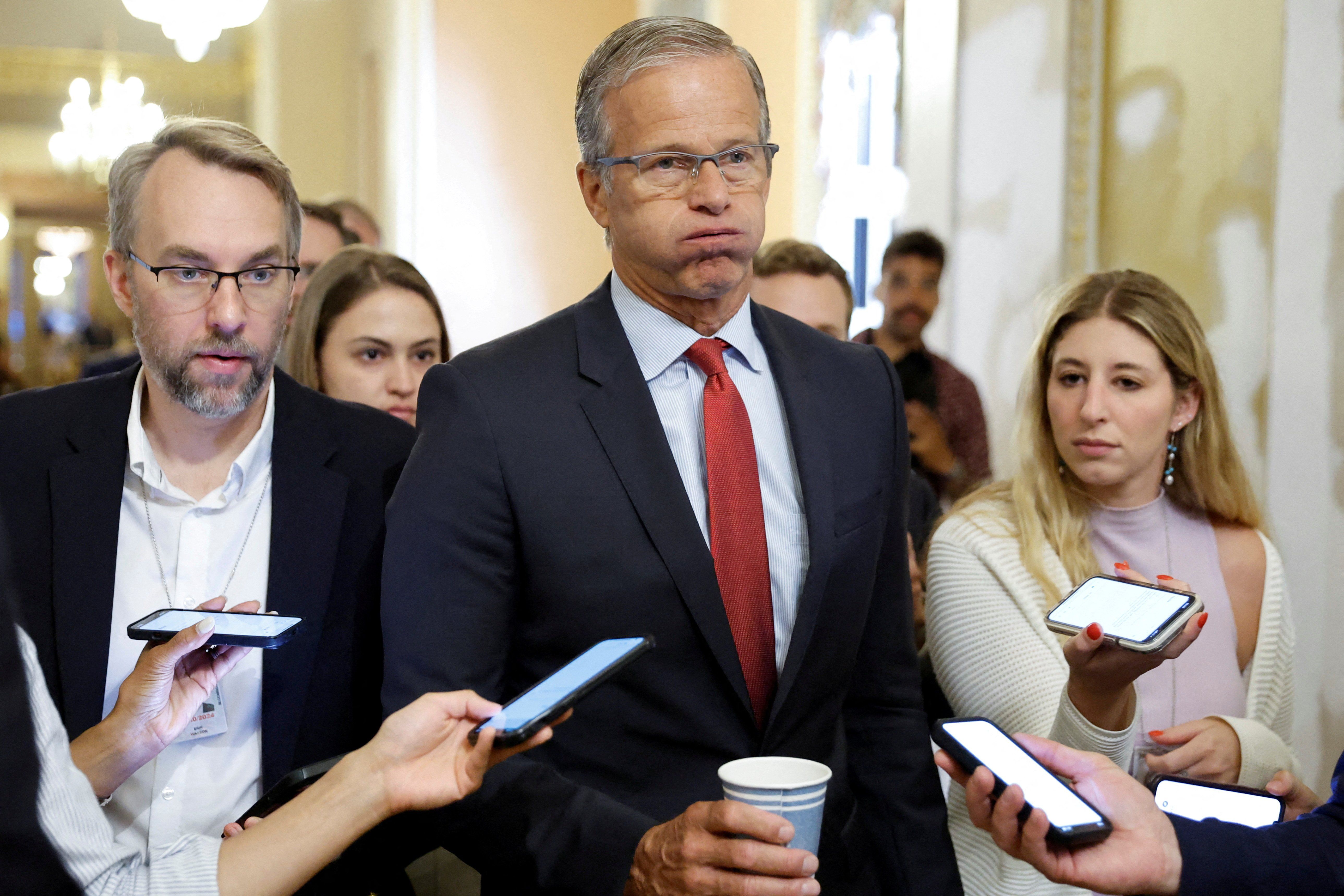The US Senate on Thursday night passed an eleventh-hour compromise deal to raise the debt ceiling in exchange for spending cuts demanded by Republicans. The bill is now ready to be signed into law by President Joe Biden and prevents the US government from running out of money to pay its bills.
The expediency with which the upper chamber signed off on the House bill without further delay underscored the urgency of avoiding a catastrophic default by June 5. But dozens of Republican fiscal hawks and a smaller number of progressive Dems voted against the legislation, which passed by a 63-36 margin that somewhat mirrored its 314-117 support in the House the day before.
Still, despite all the drama, it all played out as Ian Bremmer expected weeks ago: House Republicans led by Speaker Kevin McCarthy played hardball while the White House refused to give up anything until it was almost too late. Then, both sides reached an agreement with concessions that ruffled activist feathers within their parties. Biden and McCarthy ultimately decided, again, not to fix the problem (America spends more money than the government is allowed to borrow) but rather kick the can down the road until Jan. 2025.
We don't know if the US was closer to disaster this time than it was in 2013, the last time the two parties had a major standoff over the national debt. What we do know is that it was close enough for two political enemies to actually agree on something.
On the one hand, the debt ceiling deal proves that bipartisan consensus is still possible in today's deeply polarized Washington. On the other, the fact that it came just days before the X-date for default signals that perhaps next time it might be too close. And after what happened in 2020, scheduling the deadline right after the 2024 election is no harbinger of good things to come.
